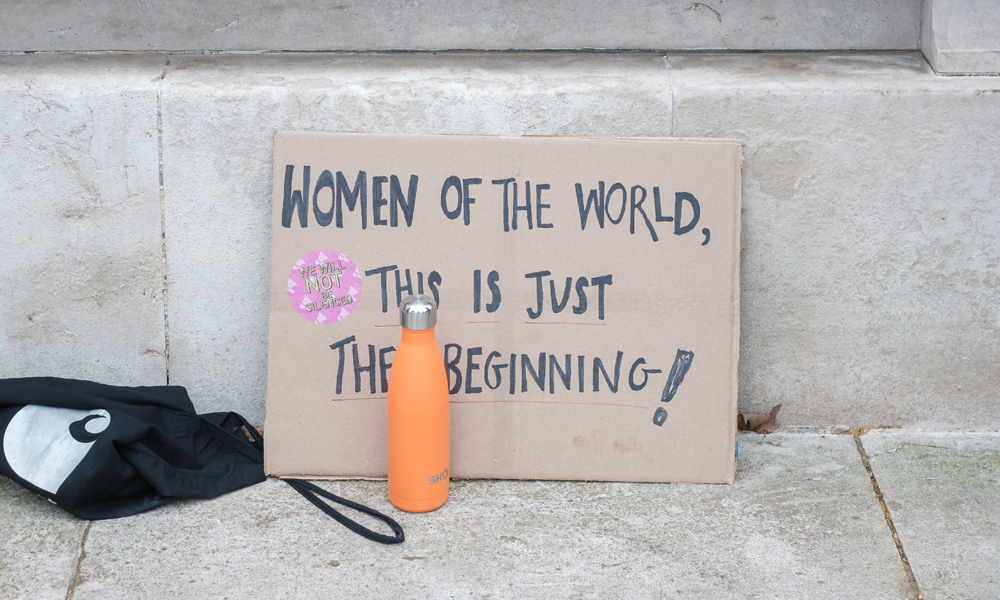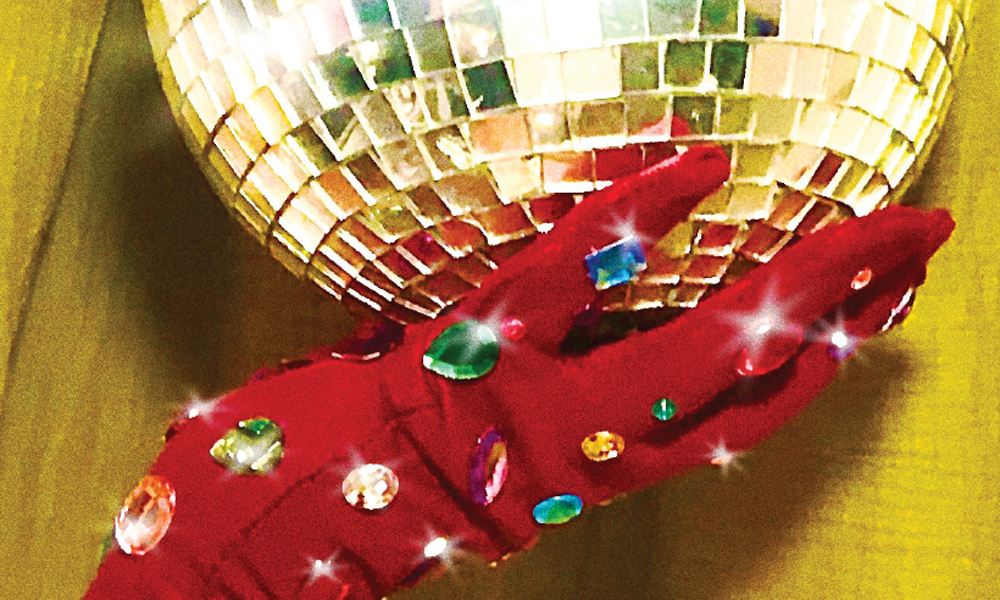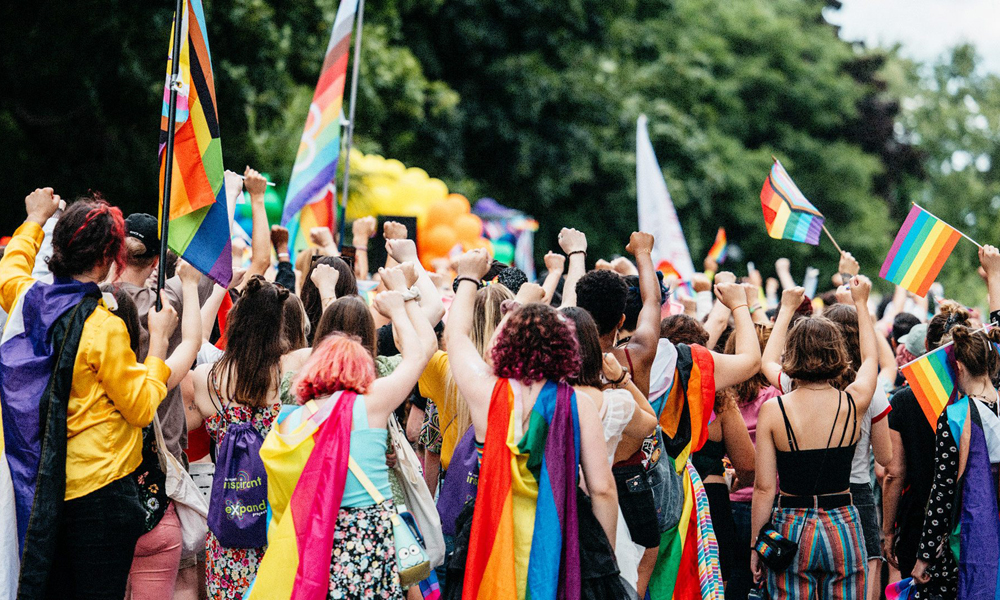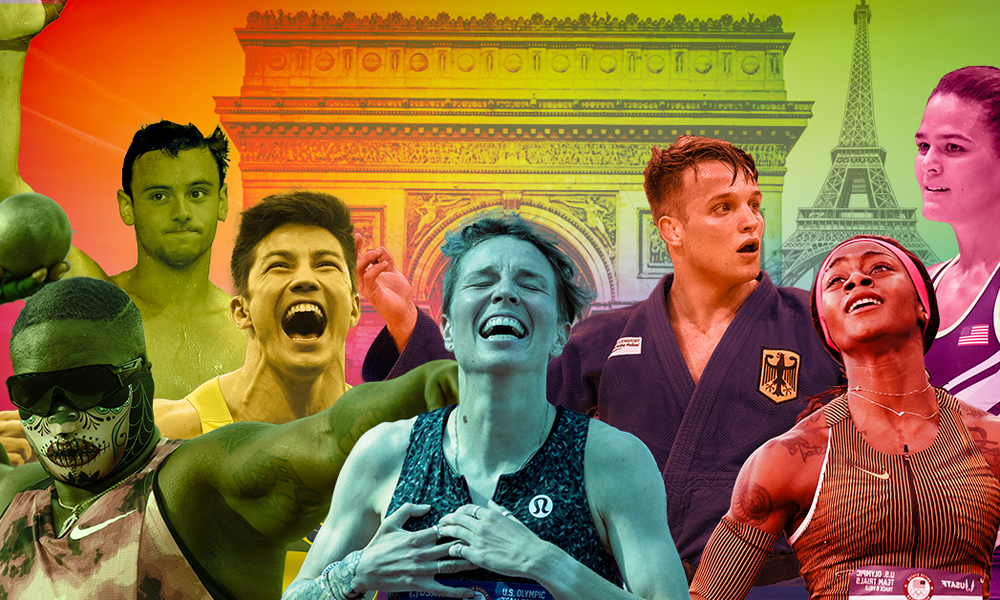Is the news cycle stressing you out?
By Luis Augusto Nobre
I usually avoid writing in the first person for essays about a complex topic, but it won’t happen for this piece because I am tired. I am so tired of reading the latest news impacting minority groups in Canada and worldwide. I might be a bit repetitive or simplistic; however, it is really complex to react differently.
I am not sure if you are also tired or if you share these similar feelings, but this tiredness is different from how you feel when you are looking forward to a good long sleep, or relaxing in a sunny park after a stressful day. It is different because it also makes me angry, and this anger doesn’t take my sight away. It motivates me to continue working on this journey towards an equitable future.
For a while now, I have been working directly with 2SLGBTQIA+ inclusion, helping others and myself to create more inclusive work environments for queer and trans people. My conversations with family, friends, colleagues and strangers will, I hope, help us to live in a better place, throwing down the barriers experienced by so many folks because they want to live their true selves. Right now, it is indispensable to stop reproducing specific models that harass and prosecute those who have always been marginalized.
I could spend the whole article sharing some historical contexts of how queer and trans folks have experienced celebrations and prejudice along the centuries and in different regions of the planet. But for what? As I am not a specialist in history despite my expertise in the field, I prefer to explore another topic – where homophobia comes from – and try to plant a seed related to previous and necessary steps to break this vicious circle.
As an immigrant, I am still learning about legislation and politics in this country, trying to build a different and more inclusive settlement process. One of the reasons that I decided to come to Canada is the sense of equality and protection ensured by some laws and civil rights, including the right to abortion and queer inclusion. A place where I can live my authenticity, although I am aware that there is a lack of protection for some people and a long process to recognize new civil rights for marginalized groups.
What has inspired me to write these words is the misogyny of how women and gender rights have been attacked by some conservative people in so many different places and on different levels. What happened in the United States last June, when the US Supreme Court overturned Roe v. Wade, was outrageous. Canada and the US have some similarities, but I am relieved by their differences.
Despite not living in the United States, the overturn of Roe v. Wade made me so angry and frustrated. I also became afraid of the possible spread of this conservative wave, a topic that I have already shared in this magazine, to affect other rights. Witnessing a small group of people making important and historic decisions for others without considering – or caring about – the impact that it could create on marginalized groups is frustrating. These feelings haven’t dissipated even after seeing other countries condemning the US Supreme Court decision and expressing how it violates women’s rights and impacts people’s lives.
I have seen some public reactions, even including the detention of some politicians like Alexandria Ocasio-Cortez, who participated in a pro-choice demonstration. Those with money might not care about the decision and won’t be affected, as they never have been before. It could be an excuse for a trip, or a private and expensive medical appointment. Other groups will face social issues in a different way, including the high risks of death.
It has always been like that. When poor women were burned and killed on charges of witchcraft, the accusers were trying to control their bodies and rights. Easy to blame them and play with local societies, controlling minds and behaviours. Pure misogyny. Usually, (straight) men trying to control people who want to live a different life. Could you see some correlation with homophobia and transphobia? They come from the same origin.
It is why so many LGBTQIA+ activities in the United States and worldwide are concerned with the recent news from American politics. Even here in Canada. The conservative wave in our southern neighbour could change the rulings that protect same-sex marriage, same-sex relationships, and contraception. We are experiencing the past becoming a future reality. Will it just be a matter of time until obscurantism takes over again and ends all advances in human rights protection?
I question myself how much of that behaviour is also my fault for (unconsciously) reproducing their retrograde models. We have the power to remodel our society and build better interpersonal relations, but we keep the same standards created by other people ages ago. Inside our own gay community (I am now addressing our own guilt), it is not that different, and we act like our straight peers. The misogyny dressed as homophobia – or, as some members say, preferences – affect not just us, but also contaminate our relations.
Many of us think they are superior because of their passability (awful word, by the way) as straight people, their sexual preferences in bed, and their exaggerated masculinity. Then those who are on the other side of gay identities are not experiencing homophobia within our communities. Rather, they experience misogyny, which creates many challenges, traumas, exclusion and toxic relationships. I am not even touching on lesbophobia, biphobia or transphobia – other chapters in the misogynistic pattern that lives on us.
I am not afraid to assume that I would be one of the persecuted people by my own peers in the medieval age, based on the current reaction from some people in my surroundings. Breaking up the stereotypes is so rewarding. I am already considered unwelcomed to discuss the fragile and toxic masculinity that affects straight and gay men. You might feel a little bit uncomfortable if you have read my words so far. If you do, you might need to question where you hide your own misogyny, and use that information to transform your relations.
LUIS AUGUSTO NOBRE is the communications coordinator of Pride at Work Canada/Fierté au travail Canada, a leading national non-profit organization that promotes workplace inclusion on the grounds of gender expression, gender identity and sexual orientation. For more information, visit prideatwork.ca.







POST A COMMENT